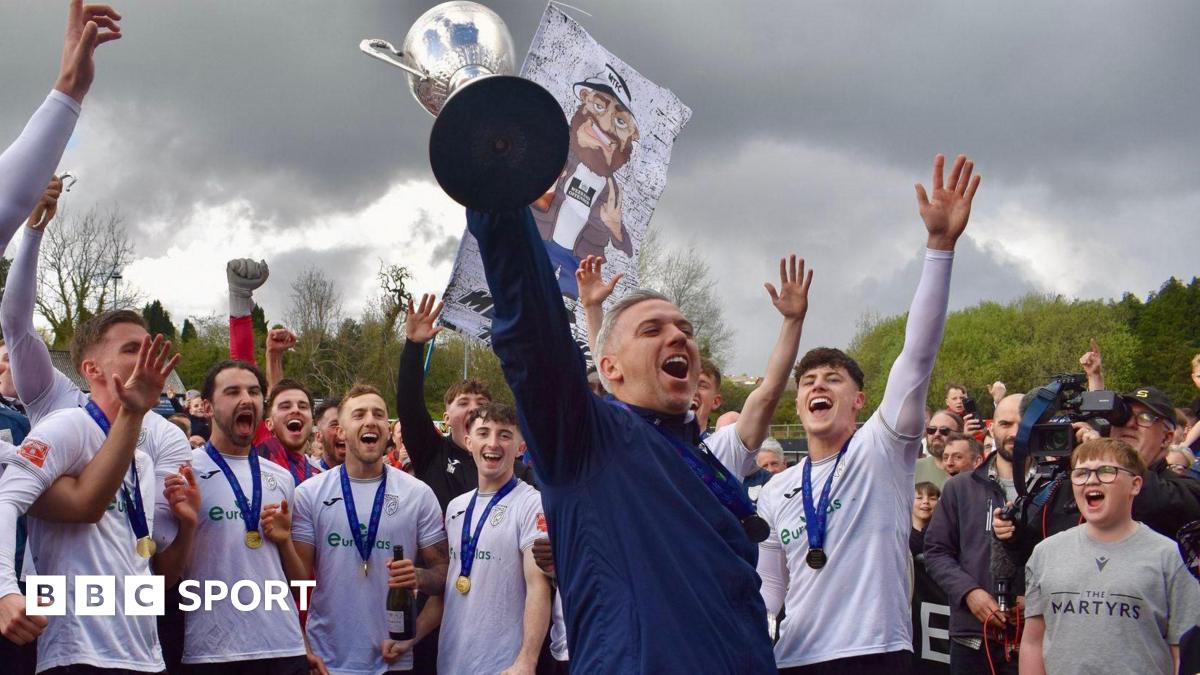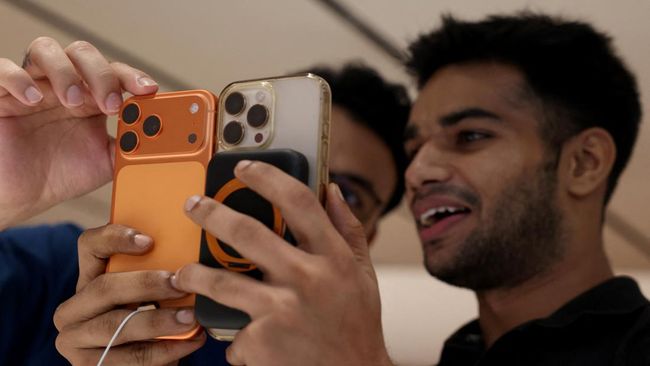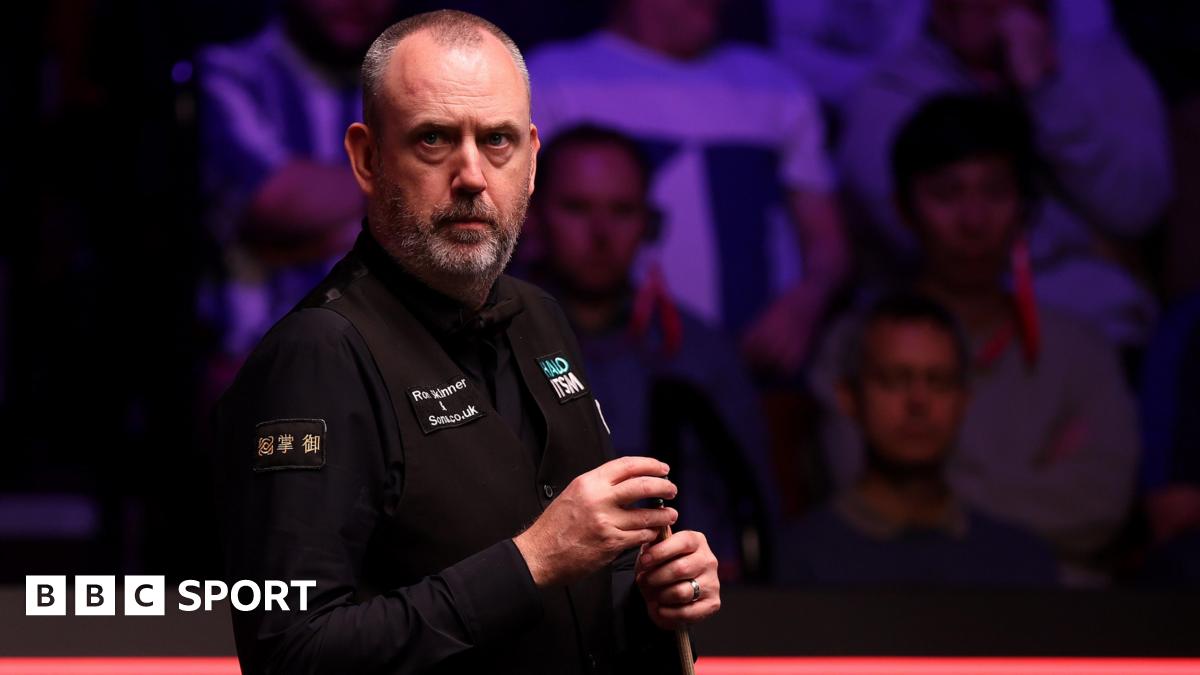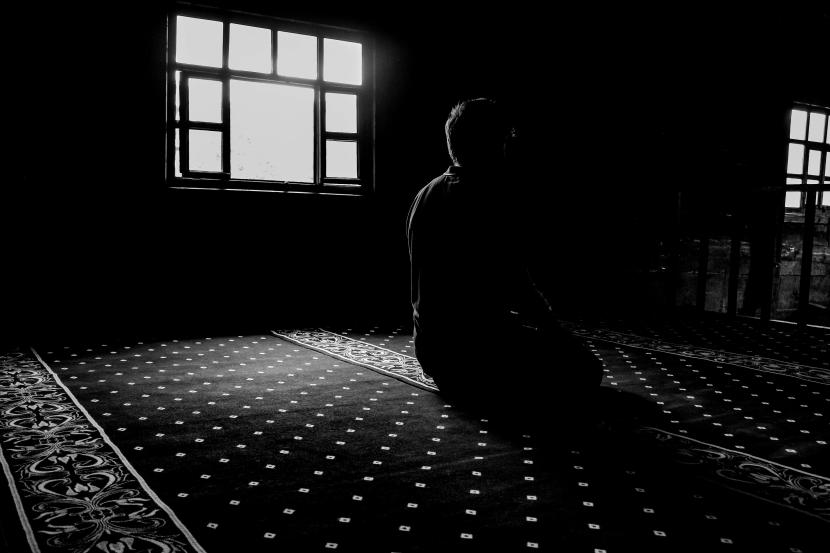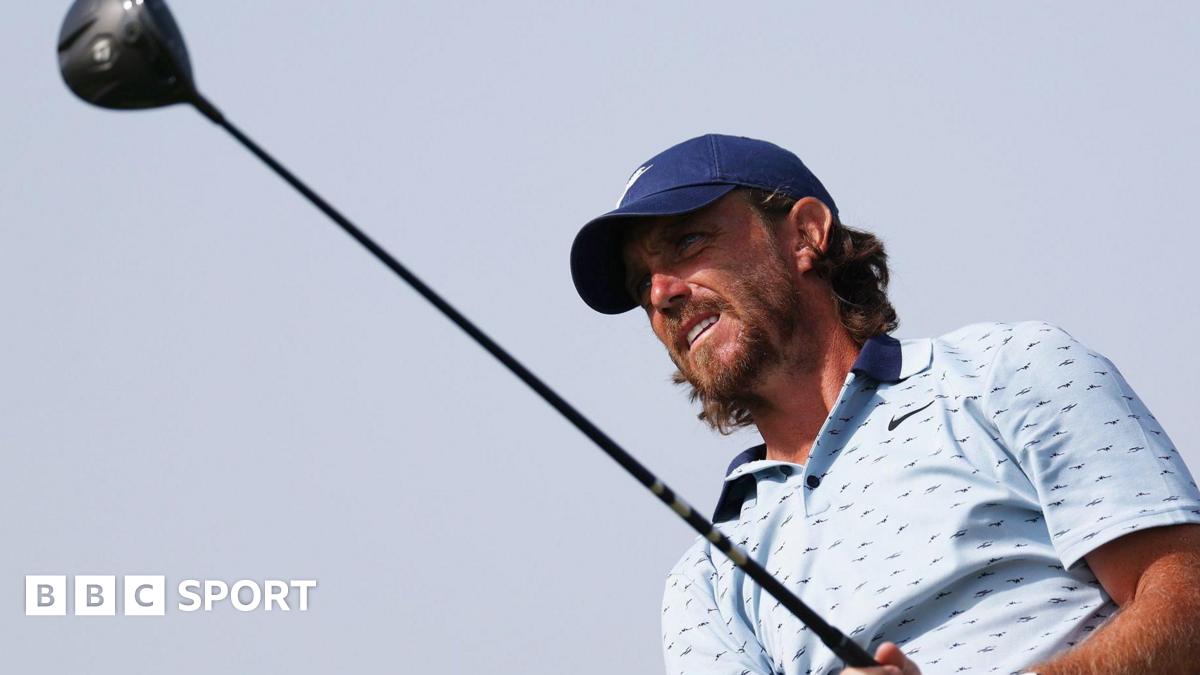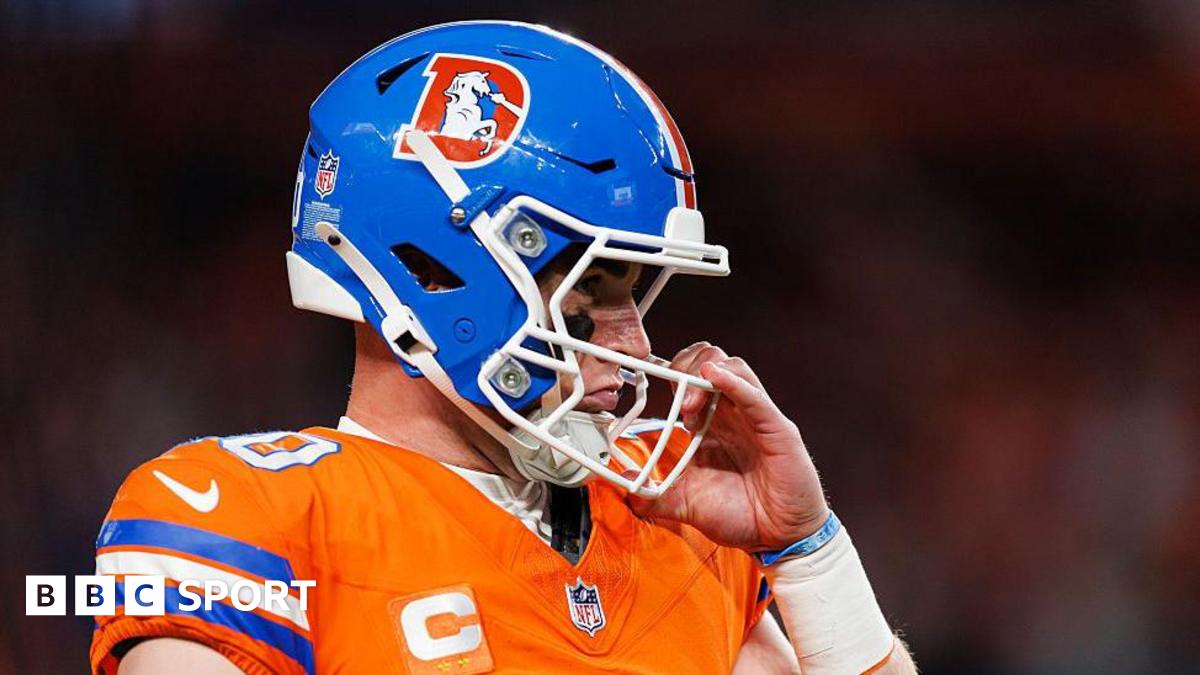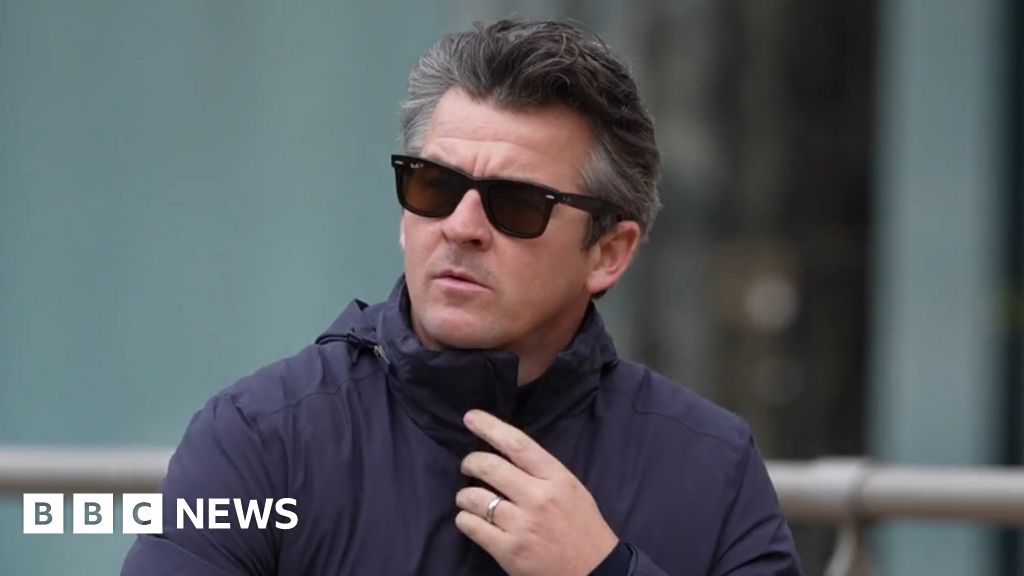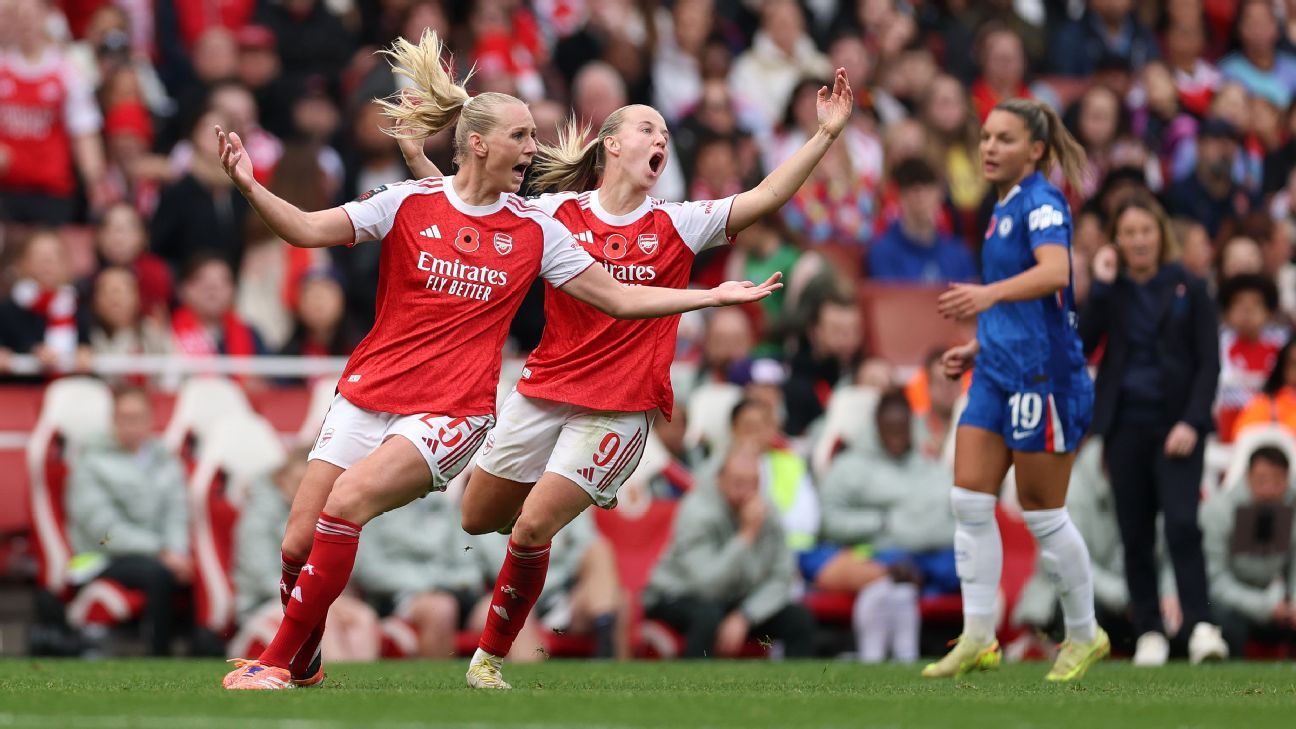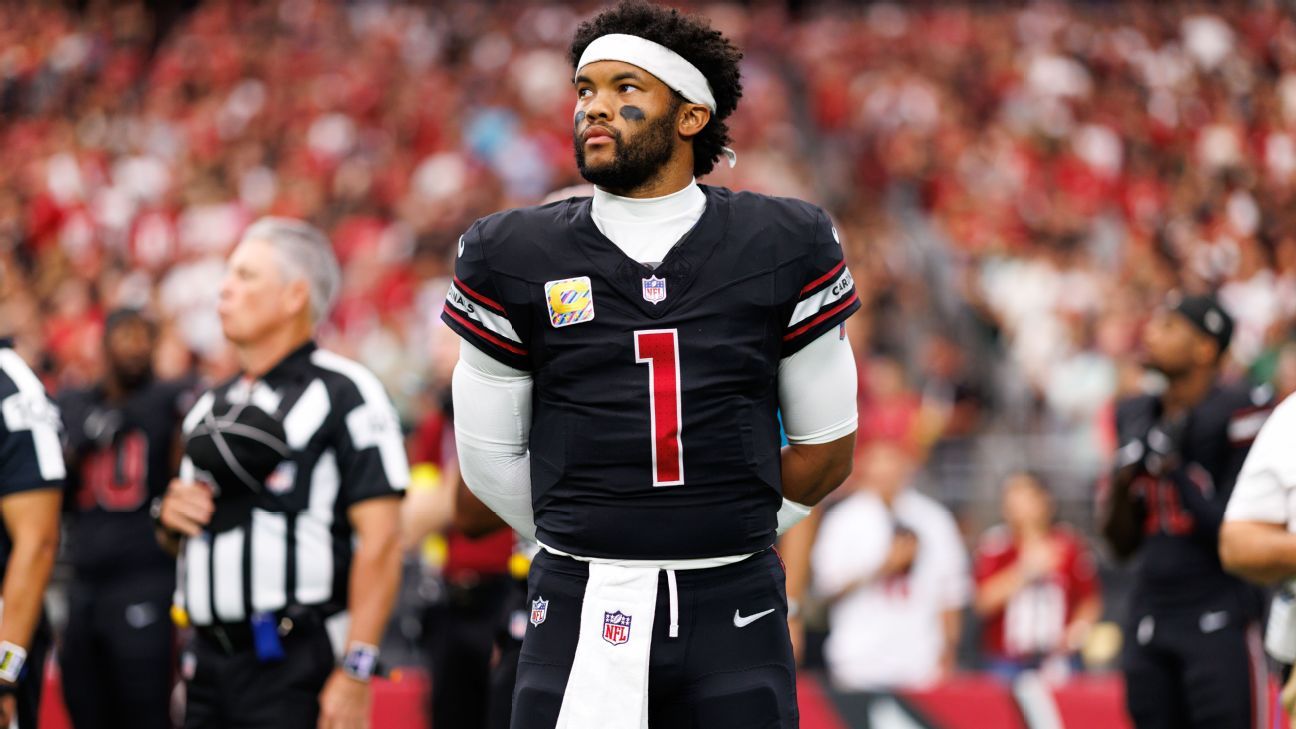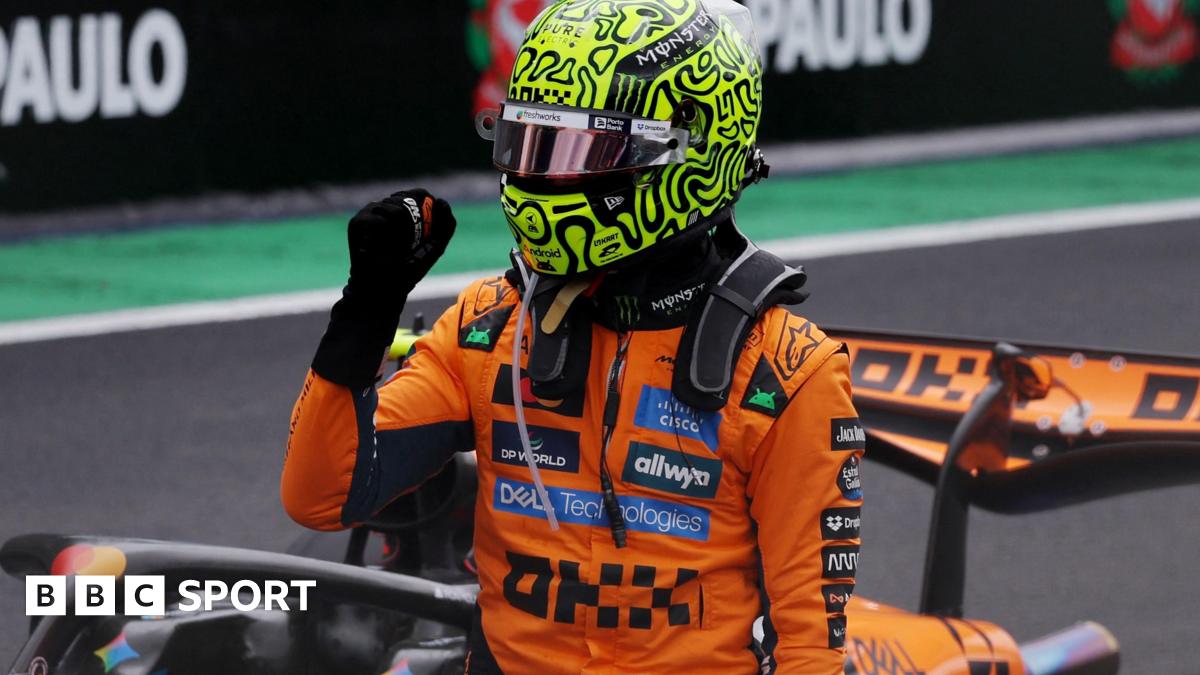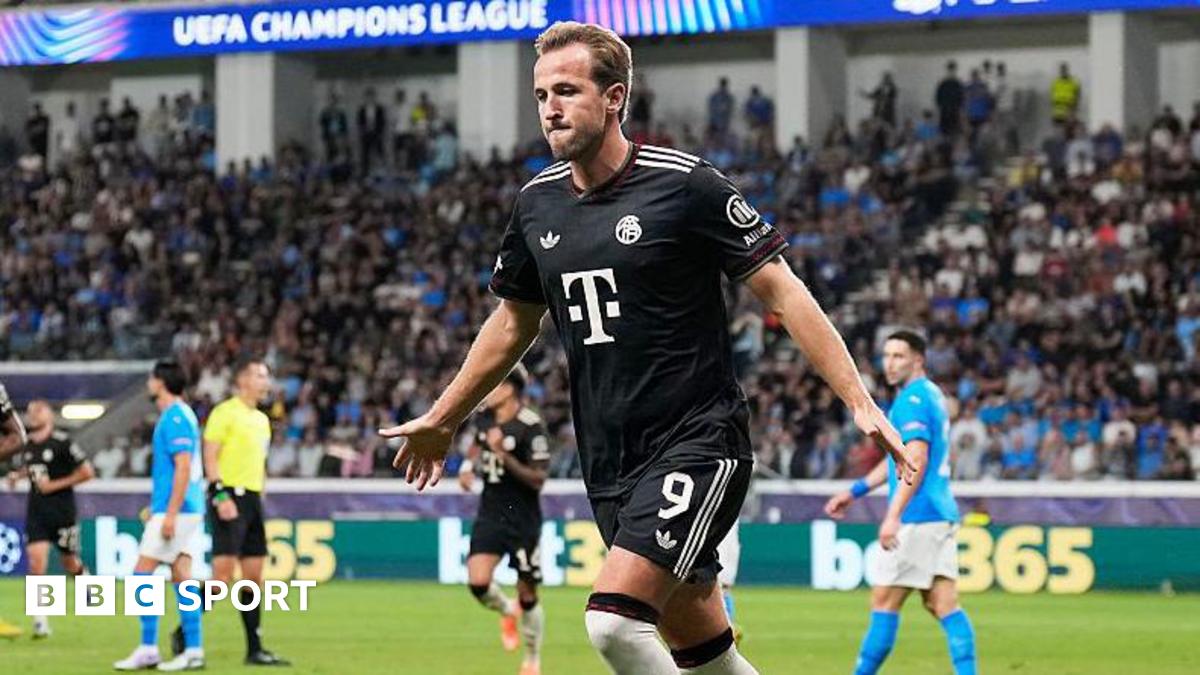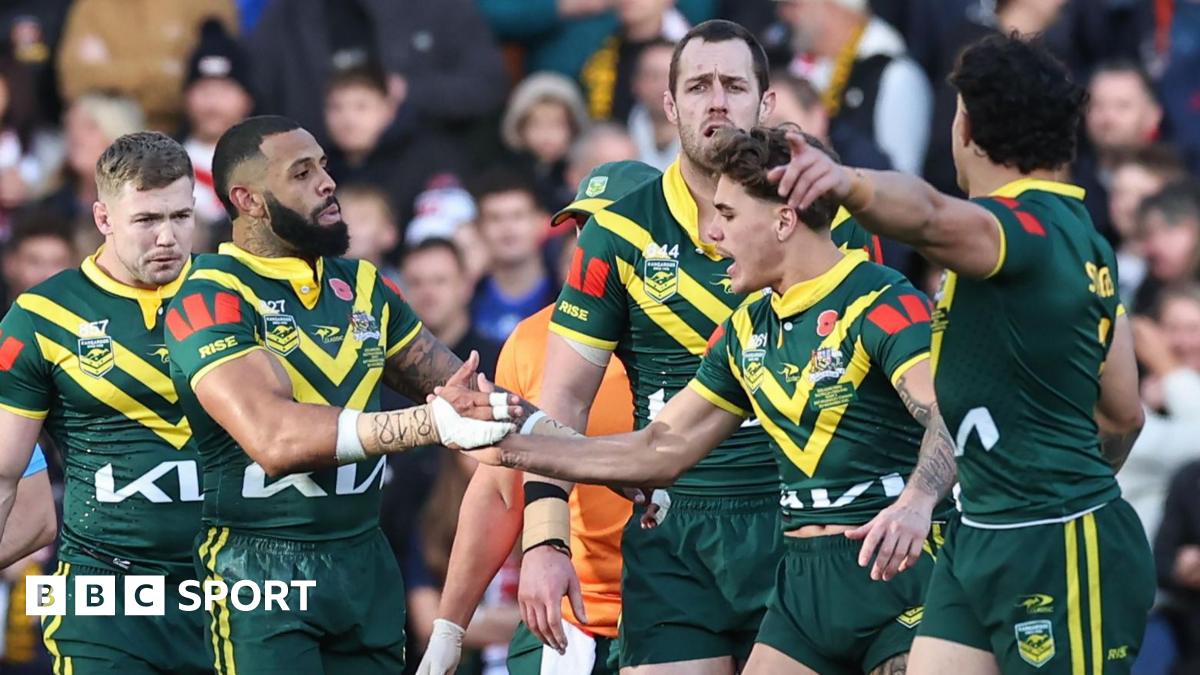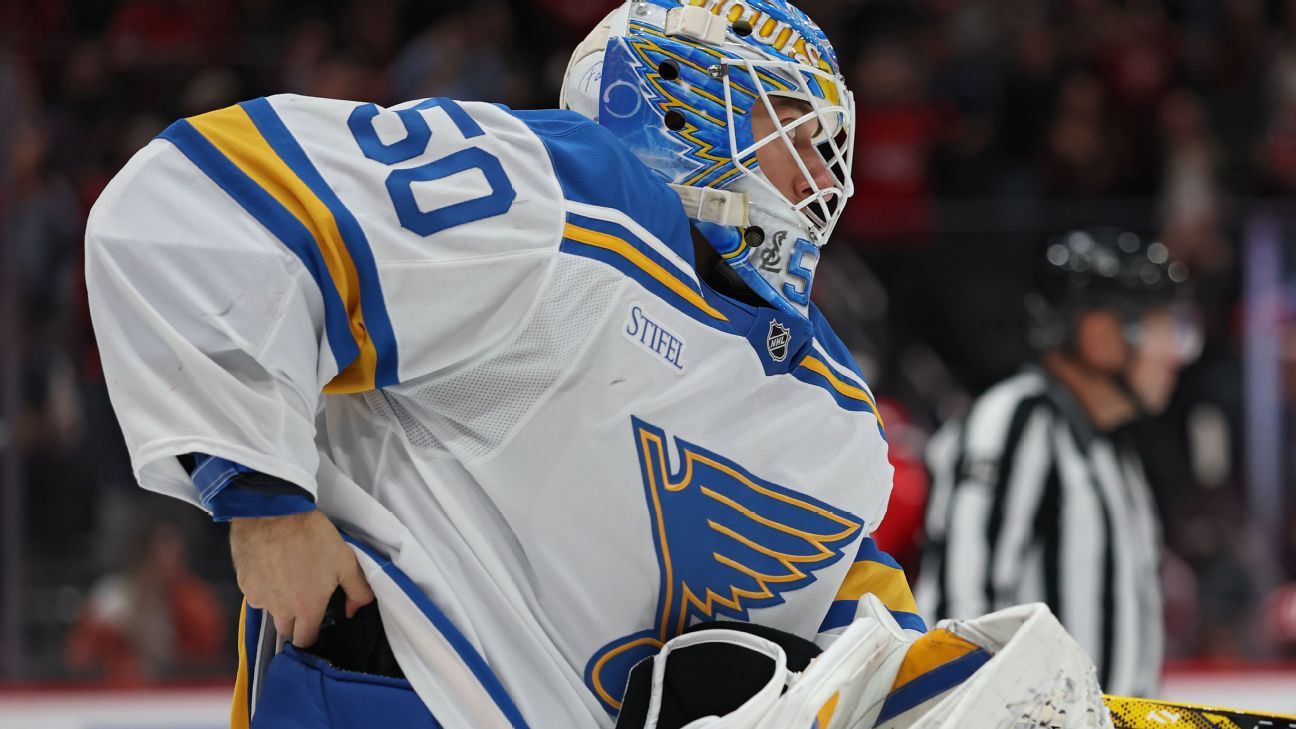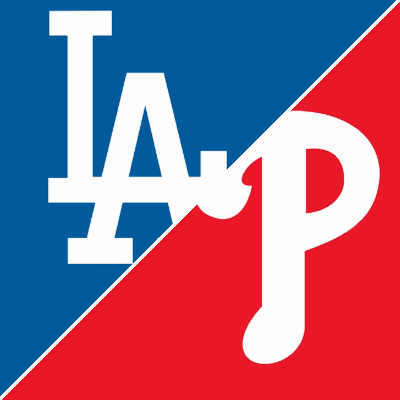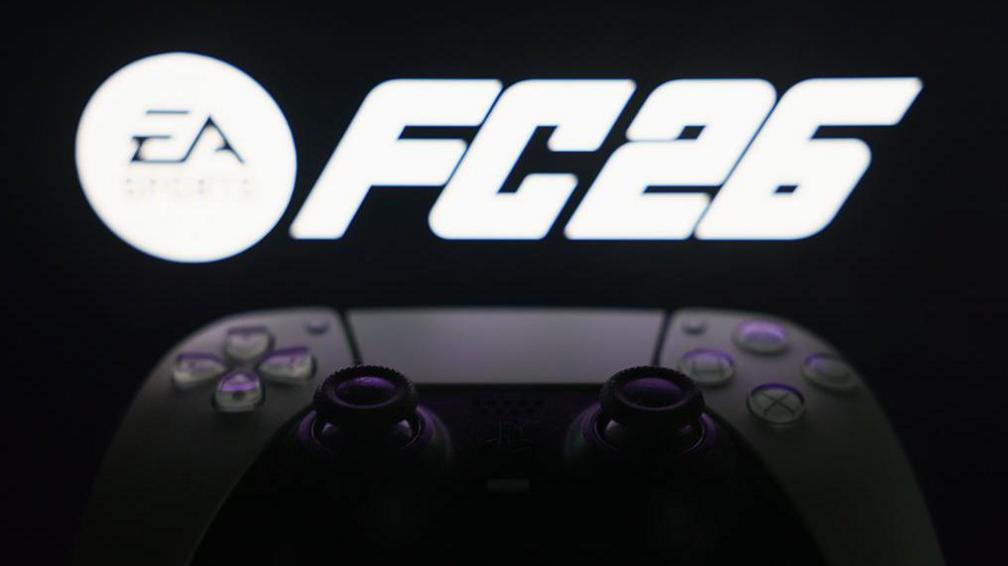 Image source, Getty Images
Image source, Getty Images
By
Sports News Correspondent
Depending on how you spent or are spending your youth (and maybe large chunks of your adult years) the phrase "EA Sports - it's in the game" is probably ingrained in your memory.
And with the blockbuster announcement that Electronics Arts is being sold for $55bn (£41bn), well, EA is in the news.
Noted, not as catchy.
But keep in mind the gaming company being sold for such an astronomical amount is not the primary reason the sale is a hot topic of conversation.
That has been reserved for where the money is coming from.
EA's new owners will be a consortium spearheaded by Saudi Arabia's Public Investment Fund (PIF), whose portfolio includes Newcastle United, the LIV Golf franchise and a range of boxing events.
The takeover of the Premier League club, the investment in boxing and the creation of the breakaway golf tournament were met with an abundance of scrutiny.
And when you consider that the EA deal is 11 times the PIF's investment in golf and 180 times the cost of Newcastle, it is perhaps not surprising that PIF's acquisition of one of the biggest gaming companies in the world has also raised a few eyebrows.
BBC Sport assesses the record-breaking takeover, what it means and whether it signals a change in strategy or a general diversification of PIF's business interests.
'An enormous win for Saudi Arabia's soft power'
"It's massive news in terms of Saudi Arabia's soft power strategy. EA is the perfect company for what Saudi Arabia wants to achieve in terms of its influence," George Osborn, editor of Video Games Industry Memo, told BBC Sport.
"For Saudi Arabia it's an enormous win. Whether it is for everyone else, that's a different question."
The Saudi Arabian government has spent years denying claims of 'sportswashing' - sponsoring or hosting sporting events to promote a positive public image and distract attention from human rights issues.
Prominent critics of the country often point to its treatment of women, LGBT rights and use of the death penalty.
Osborn said he believed the state-funded PIF making such a huge step into the gaming industry was the latest step by Saudi Arabian officials to put forward their narrative.
He said: "Let's say, for example, a mum goes to the supermarket and picks up a copy of EA Sports FC off the shelf.
"They're not thinking about the geopolitics. They are just thinking of fun. And this is the genius of Saudi Arabia's strategy - that the country becomes associated with fun.
"They recognise that video games have cultural influence. By buying these companies, they are attracting people to their cause for the politics behind this."
Saudi Arabia 'taking control of gaming'
It is worth noting that the deal for PIF to acquire EA is yet to be officially approved by the relevant authorities.
The consortium also includes Silver Lake and the company Affinity Partners, led by Jared Kushner, US President Donald Trump's son-in-law.
This is not PIF's first venture in the gaming sector - in fact, it is already heavily involved. As well as previously owning an estimated 9-10% of EA, PIF also purchased companies to secure ownership of the Pokemon Go and Monopoly Go games.
EA has a wide-ranging portfolio of games. It is responsible for creating best-selling titles including Apex Legends, Battlefield, Need for Speed and the Sims.
It is also the makers of EA Sports FC - previously known as Fifa - as well as sports games on the NFL, NBA, UFC and F1.
Its football titles have sold 325 million copies since 1993, while the Sims has sold 200 million and Need for Speed more than 150 million.
"With this deal, it's not just a seat at the table any more - it's control," Osborn said.
"When you've got control, you've got the ability to really drive the direction of that business towards your goal.
"That's what the Saudi state is going to be interested in."
The deal would take EA private, meaning all its public shares will be purchased and it will no longer be traded on a stock exchange.
There have been concerns that the deal would result in $20bn of debt and that the revenues of games would be needed to service this.
The purchase price also put a significant 25% premium on the market value of EA, valuing it at $210 per share.
'One of the few countries with esport government policy'
While the motive for PIF's purchase of EA might be up for debate, the country's need to diversify its economic income is not.
It is estimated that 40% of Saudi Arabia's wealth is from the sale of oil and gas. And with the rapidly changing attitudes towards the use of fossil fuels, there is an acceptance that other revenue streams are vital.
"What the rulers of Saudi Arabia have realised is if people don't see you as being a legitimate and trustworthy member of the sporting and business communities, then they don't engage with you," said Prof Simon Chadwick, an expert in sport and geopolitical economy at Skema Business School in Paris.
Saudi Arabia's lucrative investment in the Saudi Pro League (SPL), which features Cristiano Ronaldo, Sadio Mane and Karim Benzema, is often well publicised. So too is the nation's hosting of major boxing, mixed martial arts and snooker events.
Yet its venture into esports has gone relatively unnoticed by many.
However, Saudi Arabia has hosted major tournaments, including the Esports World Cup, and it will also host 2027's planned Olympic Esports Games.
"Saudi Arabia is one of very few countries in the world that has an official government policy aimed at building its esports economy," Prof Chadwick said.
"Partly that is due to a very youthful population - 70% aged under 35 years old.
"Everybody's got a mobile phone. Everybody was born and brought up with YouTube and everybody was born and brought up with console gaming and with esports.
"In some respects, what the government is doing is they're catering for the needs of the population."
EA will be 'turbo-charged'
As well as control over the EA gaming catalogue, PIF now has a seat at the table in one of the most profitable sectors of the entertainment industry.
There are some who believe such power could ultimately lead to Saudi Arabia having a key say in not only where games are made but where hardware like consoles and accessories are too.
Such power could result in countries and companies who previously refused to engage being faced with tough decisions on whether to change their stance.
Nick Hurley, co-founder of Guildford Games Ltd, said the announcement of the deal is further proof that Saudi Arabia means business and is willing to put its money where its mouth is.
"The EA buyout is the largest buy-back in Wall Street history and ought to really turbo-charge EA for future growth with the capital it will deliver," he said.
"It really underlines the commitment in the Middle East to a sports/leisure strategy with an eye on the business opportunities that AI is expected to deliver in terms of increased leisure time.
"EA has come a long way since it purchased Bullfrog in Guildford in 1995, and this ought to guarantee its place in the pantheon of interactive games and sports."
As a pastime, gaming - much like sport - may have been an escape from the moral dilemmas and daily problems people faced.
But, as the world becomes more connected, it seems such escapism cannot escape the attention of some of the causes.

 3 months ago
61
3 months ago
61



